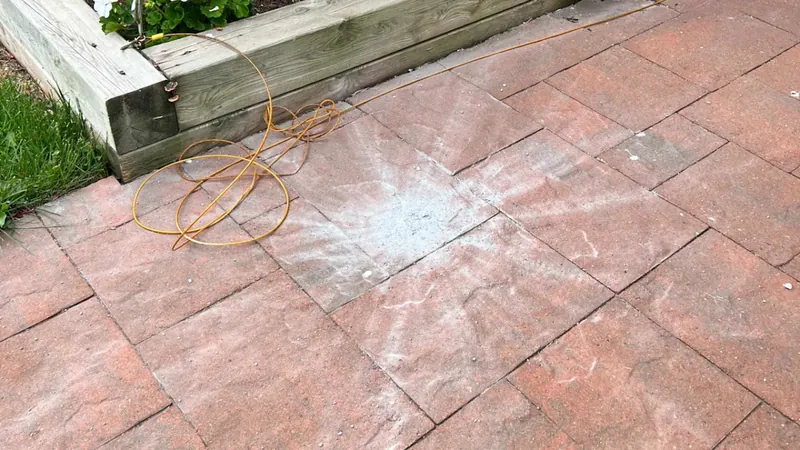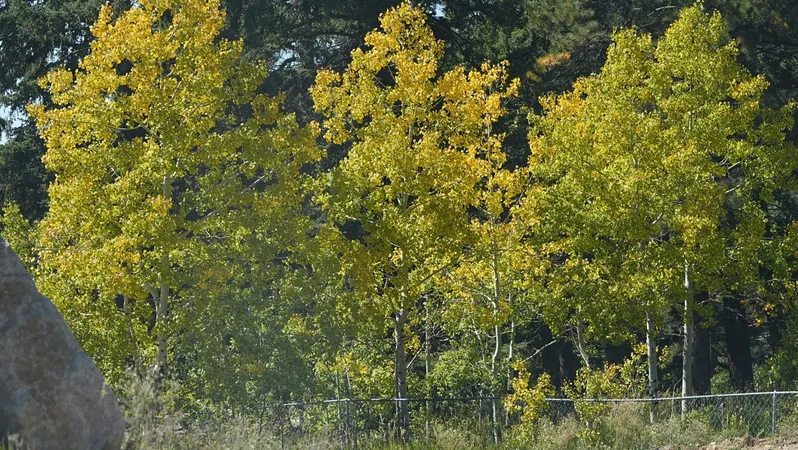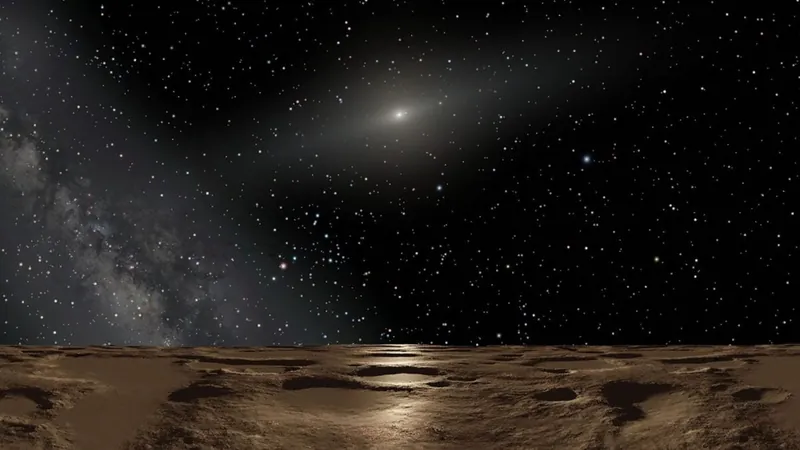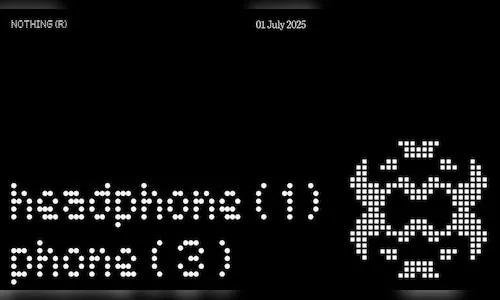
The Charlottetown Meteorite: A Celestial Wonder Unveiled with Video and Sound
2025-01-16
Author: Emma
Introduction
In an astonishing discovery that’s captivating both enthusiasts and experts, the Charlottetown meteorite, found on July 25, 2024, marks a remarkable event in Canada's scientific history. Not only is it the first meteorite ever identified in Prince Edward Island (P.E.I.), but it also holds the honor of being the first meteorite impact captured on video and audio!
The Discovery
On that fateful July day, Laura Kelly and her partner were out walking their dogs in Marshfield, P.E.I., blissfully unaware of the celestial drama unfolding just moments before. As they returned home, they encountered mysterious splatters of dust and rock on their walkway—a clear sign that something extraordinary had happened in their absence.
A review of their doorbell camera footage revealed the source of the bizarre debris: a small meteoroid plummeting to Earth, visible in just two frames as it disintegrated upon impact. The couple quickly gathered fragments of the rock, utilizing a magnetic tool and vacuum cleaner, and reported their findings through the University of Alberta's Meteorite Reporting System.
As fortune would have it, Dr. Chris Herd, curator of the University of Alberta’s meteorite collection, was vacationing in P.E.I. when the report came through. He met with Kelly and her partner to collect samples, and tests later confirmed the rock was indeed a meteorite—the first for P.E.I.—likely originating from the asteroid belt between Mars and Jupiter.
Characteristics of the Meteorite
The Charlottetown meteorite, weighing a total of 95 grams, exhibits notable features: it consists of chondrites, which are tiny, rounded particles formed in the vastness of space. These particles, known as “chondrules,” are an ancient testament to the primordial conditions of our solar system. Moreover, the meteorite displays a mesmerizing array of colors, from light brown to dark orange, along with some dark gray pieces representing the fusion crust formed during its fiery descent through the atmosphere.
How Did This Meteorite Go Unnoticed?
It’s commonly believed that when a meteorite falls, it is usually preceded by a brilliant flash in the sky. However, on July 25, 2024, no fireball was reported, and Kelly's doorbell footage stands as the only known sighting of the Charlottetown meteoroid before its fall. The incident occurred shortly after 5 p.m., a time when many people may not naturally be looking skyward, compounded by "mostly cloudy" conditions in the area. Thus, the meteor's brilliant flash was either absorbed by daylight or hidden behind clouds, while the resulting sound produced by the meteoroid’s descent likely dissipated before reaching the ground.
Once it failed to burn brightly in the sky, the meteoroid transitioned into a “dark flight,” plummeting earthward with no light to indicate its approach. As it descended, it became nearly invisible amidst the cloud coverage, only to emerge directly into the line of sight of the doorstep camera.
The Meteorite’s Rock-Hard History
The Charlottetown meteorite has made its mark not just in locality but in meteorite science as well. It is exceptional not only for its firsts—being the first meteorite for P.E.I., its video capture, and audio recording—but also due to its shattering impact with the ground. Unlike most meteorites, which tend to remain mostly intact after high-velocity impacts, this one exploded into fragments. Dr. Herd attributed this phenomenon to internal weaknesses in the meteoroid from past collisions while navigating space, which left it precariously vulnerable as it struck the solid surface.
Herd reflects on the historical significance, stating, "As the first and only meteorite from P.E.I., the Charlottetown Meteorite announced its arrival in a spectacular way. No other meteorite fall has been documented like this, complete with sound. It adds a whole new dimension to the natural history of the Island."
Join the Cosmic Hunt!
With only 68 meteorites reported throughout Canada before the Charlottetown discovery, this event encourages amateur meteorite hunters across the country. If you're lucky enough to encounter what you suspect might be a meteorite, or if you simply want to learn more about meteorites, various experts and institutions are ready to help you confirm your findings. Who knows? You may also unveil your own piece of the universe!
As excitement builds around this remarkable find, it serves as a beacon for both scientific inquiry and public interest in the mysteries of space. Will you be the next to discover a piece of the cosmos?









 Brasil (PT)
Brasil (PT)
 Canada (EN)
Canada (EN)
 Chile (ES)
Chile (ES)
 Česko (CS)
Česko (CS)
 대한민국 (KO)
대한민국 (KO)
 España (ES)
España (ES)
 France (FR)
France (FR)
 Hong Kong (EN)
Hong Kong (EN)
 Italia (IT)
Italia (IT)
 日本 (JA)
日本 (JA)
 Magyarország (HU)
Magyarország (HU)
 Norge (NO)
Norge (NO)
 Polska (PL)
Polska (PL)
 Schweiz (DE)
Schweiz (DE)
 Singapore (EN)
Singapore (EN)
 Sverige (SV)
Sverige (SV)
 Suomi (FI)
Suomi (FI)
 Türkiye (TR)
Türkiye (TR)
 الإمارات العربية المتحدة (AR)
الإمارات العربية المتحدة (AR)